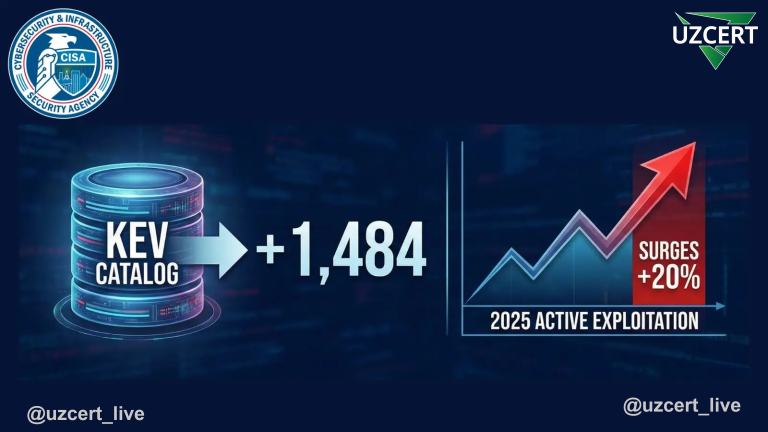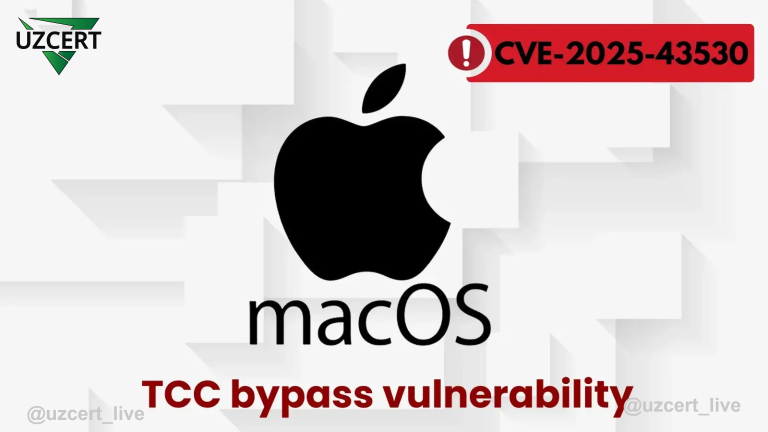
Avast Vulnerability Enables Full System Takeover: Users Must Stay Vigilant!
Cybersecurity experts have reported the discovery of a highly dangerous vulnerability in Avast Free Antivirus that poses a severe threat. This flaw allows attackers to gain elevated privileges—operating at the “kernel level” of the system—and execute malicious code with complete freedom.
The vulnerability, cataloged as CVE-2025-3500, has been rated with a CVSS score of 8.8, indicating a high level of severity. Avast was notified of the issue on April 2, 2025, and addressed it through an official security update released on April 24.
The root of the vulnerability lies in the aswbidsdriver kernel driver used by Avast Free Antivirus. This driver processes incoming user data without sufficient validation, leading to an integer overflow condition, where integer values exceed their limits. This triggers improper memory allocation, enabling an attacker to execute arbitrary code with elevated system privileges.
According to the Zero Day Initiative (ZDI), exploiting this vulnerability requires the attacker to have at least minimal code execution capabilities on the targeted device. In other words, the vulnerability is local, meaning it requires direct access to the device. However, once such access is obtained, the consequences can be catastrophic, resulting in a complete loss of system control.
Per the Cybersecurity Help database, the vulnerability affects Avast Free Antivirus versions from 20.1.2397 to 2016.11.1.2262. The latest fix has been implemented in version 25.3.9983.922. Users are urgently advised to update their antivirus software immediately.
The vulnerability was first identified by security researcher Baris Akkaya, who promptly reported the issue to Avast. The company responded swiftly, releasing security patches to address the flaw.
This is not the first such incident for Avast. In recent years, vulnerabilities have been found in other Avast products, including Avast Cleanup Premium and Avast Premium Security. These recurring issues highlight serious security challenges in the software of one of the world’s leading antivirus providers.
Cybersecurity experts strongly recommend the following measures:
- Enable the automatic update feature in your antivirus to ensure you receive security patches promptly.
- Use standard user accounts with minimal privileges, adhering to the principle of least privilege, to limit the potential scope of damage.
- Approach any application or driver operating with system-level privileges with caution.
- If you notice unusual behavior in your antivirus, such as sluggish performance or erroneous alerts, consult cybersecurity professionals immediately.
Avast Free Antivirus is a widely used free protection tool, trusted by hundreds of millions of users worldwide. However, a single cybersecurity vulnerability can undermine this trust. Users of this software must recognize the gravity of this flaw and install the update as soon as possible. Ignoring this vulnerability could be tantamount to handing over full control of your system to malicious actors.



